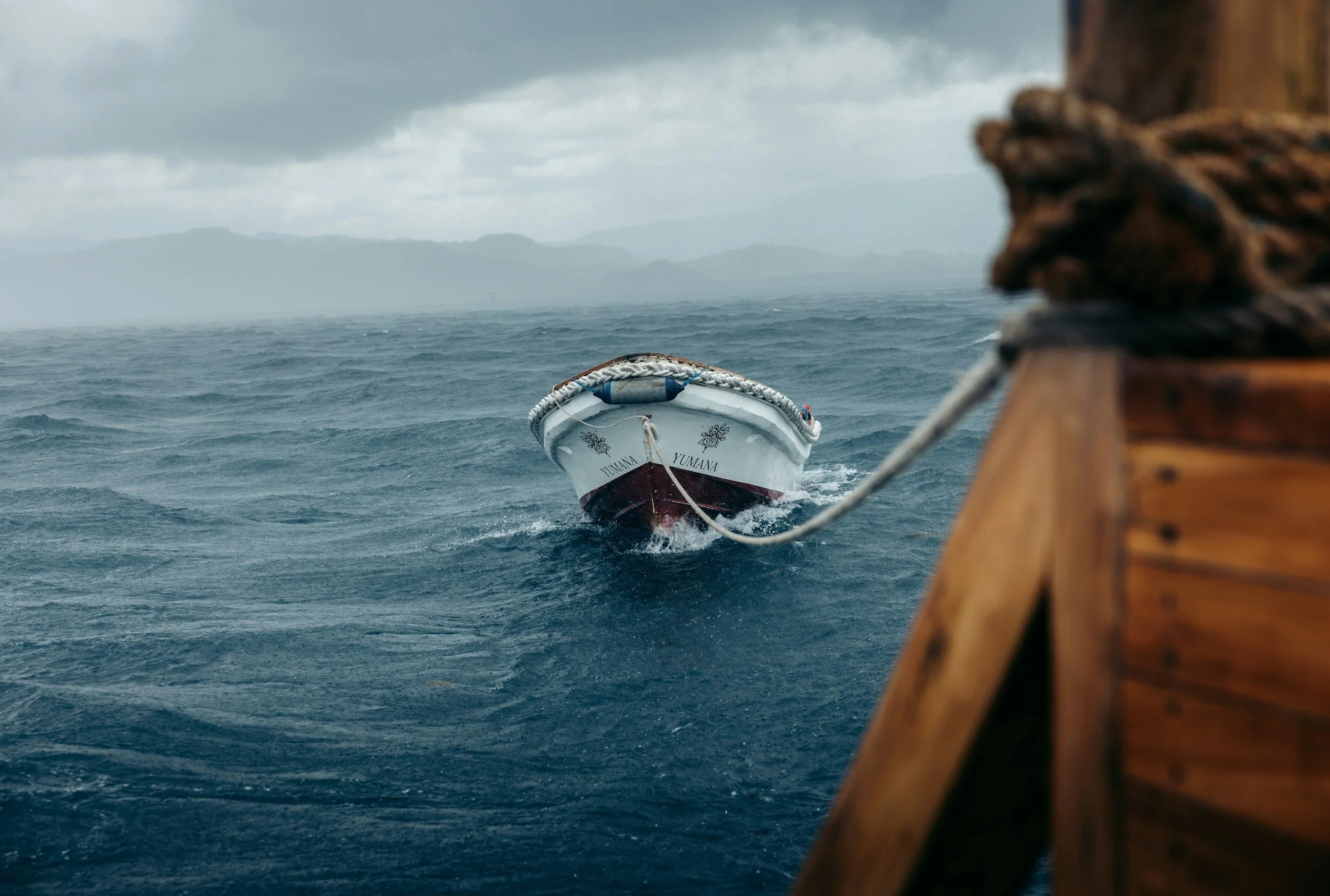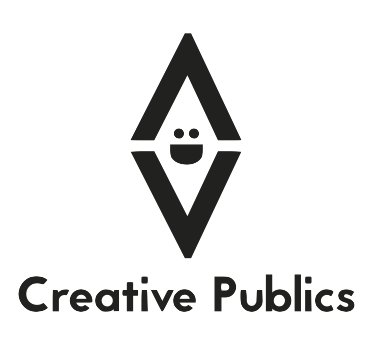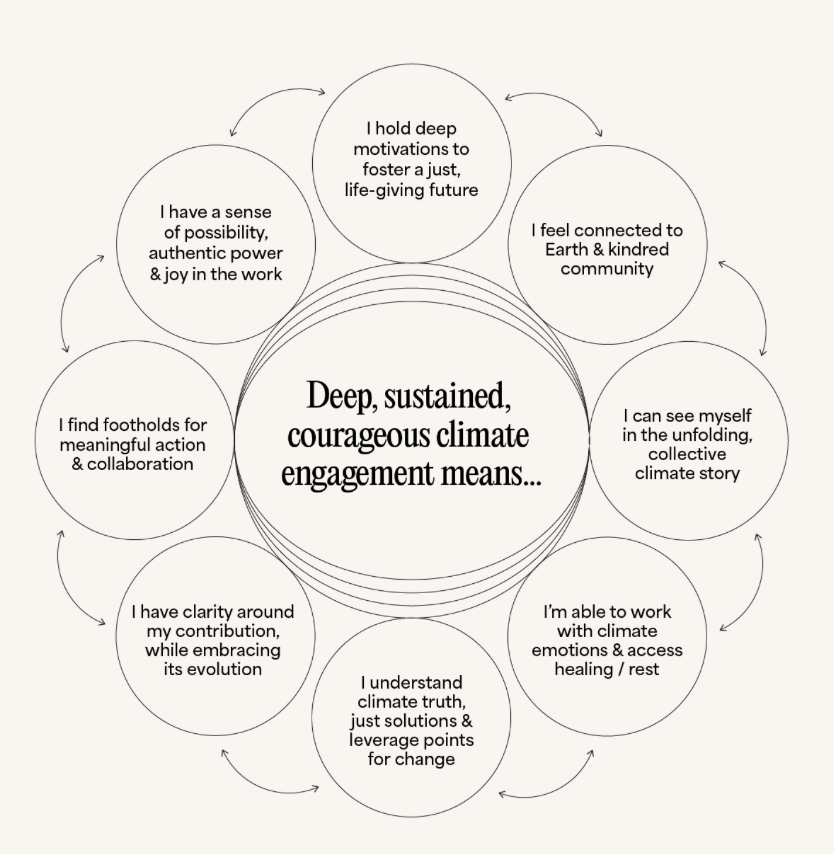
CLIMATE COMMUNICATION: FROM PRINCIPLES TO PRACTICE
Through readings, case studies, videos, podcasts, and interactive activities, participants will develop both conceptual understanding and practical skills to motivate stakeholders, counter resistance, and foster meaningful climate action in their organizations and communities.
Climate Communication: From Principles to Practice
Format: Online (asynchronous with optional live discussions); self-paced within deadlines
Duration: 6 Modules (6 weeks) — Wed, Sep 10 – Tue, Oct 21, 2025
Instructor: Dr. Tara Mahoney
This course is offered by SFU Continuing Studies and can be used toward the Climate Action Certificate Program.
COURSE DESCRIPTION
Technological advances, laws, and policies are essential for addressing climate change, but they cannot succeed without public engagement and support. This course introduces the foundations of climate communication and explores strategies, theories, and practices that move people from awareness to action. Participants will examine barriers to climate action and how to overcome them, the role of emotions in shaping responses, and the power of narratives, storytelling, and audience research. The course also addresses misinformation, effective messaging, and frameworks for engaging in climate conversations across diverse audiences.
Through readings, case studies, videos, podcasts, and interactive activities, participants will develop both conceptual understanding and practical skills to motivate stakeholders, counter resistance, and foster meaningful climate action in their organizations and communities.
LEARNING OUTCOMES
By the end of this course, you will be able to:
Explain the foundations of effective climate communication and inclusive engagement.
Identify common barriers to climate action and apply strategies to address them in your own context.
Analyze audiences to understand their values, motivations, and perspectives.
Develop and apply powerful narratives, stories, and frames tailored to diverse audiences.
Evaluate the role of messengers, messages, and misinformation in shaping climate engagement.
Counter misinformation with values-based messaging strategies.
Engage in authentic, effective climate conversations that motivate action in organizations and communities.
WORKLOAD EXPECTATIONS
Expect to spend about 6-8 hours per week on coursework.
Weekly activities include readings, videos, online discussions, and skill-building tasks.
Optional live online sessions with the instructor or guest speakers (recordings available).
COURSE REQUIREMENTS & ASSESSMENTS
Weekly Reflections (25%) – Short reflections (250–300 words) on assigned materials.
Discussion Participation (25%) – Active contributions to online forums, peer introductions, and responses.
Skills-Building Exercises (25%) – Applied activities (e.g., reframing a message, analyzing narratives, practicing conversations).
Final Project (25%) – Design a climate communication campaign, narrative strategy, or applied project (submitted as a report, toolkit, or multimedia presentation).
COURSE SCHEDULE
Module 1 – Foundations of Climate Communications
Topics: History of climate communication, theories of change, current trends
Activities: Critical reflection, skills-building, introductions
Module 2 – Inside Out: The Forces Shaping How We Know, Feel, and Act
Topics: Emotions, social influences, climate anxiety
Activities: Reflection, emotion mapping, community-building
Module 3 – Audiences: What People Really Care About
Topics: Audience segmentation, Canadian climate opinion, decolonizing narratives
Activities: Audience analysis, reflection, group discussion
Module 4 – Messaging: Developing Powerful Narratives and Stories
Topics: Frames, narratives, and stories; storytelling for engagement
Activities: Narrative analysis, reflection, storytelling practice
Module 5 – Messaging: Effective Messaging and Countering Misinformation
Topics: Values-based communication, choosing messengers, addressing misinformation/disinformation
Activities: Reframing exercise, misinformation analysis
Module 6 – Talking Climate: How to Put Climate Action on the Table
Topics: Interpersonal climate conversations, principles of effective dialogue
Activities: Peer practice conversations, final reflection
REQUIRED MATERIALS
All course readings, videos, podcasts, and reports will be provided through Canvas each week.
No textbook purchase is required.
Facilitators:
Jill Eddy (HNCP) is a Career Educator and Changemaker Lead at SFU. She has taught for over six years as a Sessional Instructor in SFU’s Career Development Practitioner Program, is a Certified Climate Reality Leader, and co-developed the Burnaby Climate Action Guide as part of a Climate Action Fellowship with the Morris J. Wosk Centre for Dialogue, Vancity, and the City of Burnaby.
Mandy Len Catron is a writer and faculty member in the School of Creative Writing at the University of British Columbia. Her work can be found in the New York Times, the Atlantic, the Walrus, the Tyee, and the Narwhal, among many others and her current projects focus on kinship and social connection, asking how we might collectively build the world we want to live in.
Tara Mahoney is a mother, daughter, sister and fourth generation Irish settler who loves life on the unceded traditional territories of the Coast Salish peoples of the xʷməθkwəy̓əm (Musqueam), Skwxwú7mesh (Squamish), and Səl̓ílwətaɬ (Tsleil-Waututh) Nations aka Vancouver, BC. She is the Research and Engagement Manager at SFU CERi and an Instructor of Climate Change Communication in SFU Continuing Studies.
The facilitators completed the Climate Wayfinding facilitator training in June 2024 with the climate leadership-development organization The All We Can Save Project.
Program Breakdown
Week 1: Opening Session
Week 2: Emotions and Motivations
Week 3: Solutions and Accelerators
Week 4: Skills and Superpowers
Week 5: Context, Community + Values
Week 6: Vision, Compass + Plan
Who is the program for?
If you are unsure about your place in climate engagement or seeking deeper, more meaningful contribution, this program is designed for you. We think it will be especially suited to those looking to understand their deepest motivations and gain focus and clarity within a supportive community.
(Note: This program is not designed for those who are looking primarily for climate 101, career counseling, or technical content).
How we find our way:
We look inward — exploring our climate emotions, core motivations, guiding values, and skills and “superpowers.”
We look outward — exploring climate solutions, accelerators for change, and our unique contexts and communities.
We look forward — exploring our visions of the future and creating a personalized “climate compass” and plan.
What does the experience involve?
Climate Wayfinding participants engage in diverse modes of exploration and tap into multiple ways of knowing. The program weaves together the following elements:
Curated read/watch/listen materials
Grounding with music and poetry
Questions to open and close group time
Guided visualizations and meditations
Prompts for reflection and free-writing
Facilitated large-group discussion
Independent small-group discussion
Frameworks for exploration and synthesis
Resources and activities to go deeper
Climate Wayfinding is presented in partnership with For Our Kids Vancouver
The All We Can Save Project is an outgrowth of the bestselling anthology of writings by 60 women leading on climate, All We Can Save: Truth, Courage, and Solutions for the Climate Crisis, co-edited by Dr. Ayana Elizabeth Johnson and Dr. Katharine K. Wilkinson. The Project is focused on growing climate leadership and engagement through narrative change, community building, and deep learning, including its popular Circles program and Climate Wayfinding, both created by Dr. Wilkinson. Learn more at www.allwecansave.earth.



